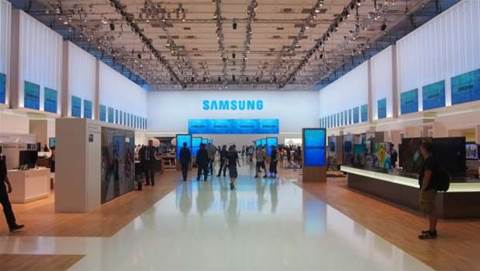Computing and mobile device suppliers to the WA government will need to offer standard minimum percentage discounts across their range of products as well as access to the latest technology in order to gain a spot on the state’s new IT hardware panel.
The state’s finance department is attempting to revamp the panel to make buying non-standard and consumer grade models of desktops, thin and zero clients, workstations and all-in-ones, notebooks, hybrid computers and tablets much easier; while offering better access to the latest products and achieving greater value for money.
The new common-use arrangement will introduce form factors such as ultrabooks and 'phablets', and will remove the government-standard specifications which existed under the old scheme to allow agencies to purchase consumer-grade models of computing hardware.
The panel will also introduce minimum percentage discounts - meaning suppliers will be required to offer the same discount for each product within a product type under a specific brand.
If a supplier offers a 20 percent discount from the corporate rate for a Dell or Lenovo business-grade notebook, for example, the supplier will need to similarly offer a 20 percent discount for all business-grade notebooks of that brand.
“If this is not the case then Finance reserves the right to take the lowest figure provided as the minimum percentage discount,” WA Finance stated in tender documents.
“Therefore it is advantageous for respondents to make these minimum percentage discounts as high as possible in order to maximise the likelihood of qualification. Respondents are also able to offer volume price discounts if these are available.”
WA Finance will not impose a limit on the number of product brands or models that can be offered by a supplier, and suppliers will not be limited to selling devices displayed on their product portal - agencies will be able to access other models within a brand that the supplier is qualified to sell via a quotation process.
The minimum percentage discounts will also apply to products purchased outside the supplier’s panel buyer portal.
The government will also require panel suppliers to provide cost-plus reporting to give WA Finance “visibility on pricing practices for computing and mobile devices within the market”.
“In retail the cost of goods is mainly related to the variable cost component, which relates to the overall cost to deliver a product to market including labour costs. The fixed cost could include some of the cost of manufacturing a product, or other components such as the renting of premises,” the agency advised prospective bidders.
“To this extent, the proportion of fixed versus variable cost may differ depending on whether you are an OEM or reseller. What is more important is that Finance would like to obtain visibility on profit margins for items sold.”
The panel will be mandatory for WA metropolitan agencies to use when buying computing and mobile devices. Use for regional agencies will be optional.
WA Finance did not outline an ideal panel size but said the government’s aim was to have as small a panel as required to result in a competitive outcome that meets agency needs.



.jpg&h=140&w=231&c=1&s=0)






















